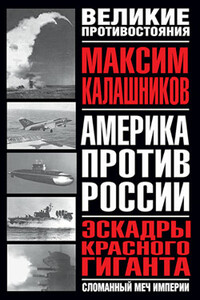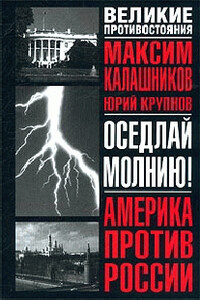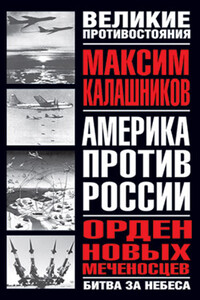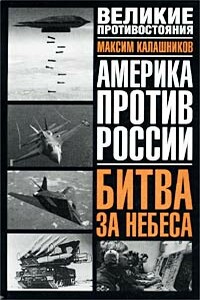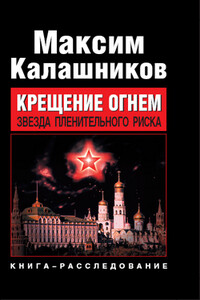Периметризация также представляет собой цепь операций (помните, мы уже приводили выше образ цепи у Б.Урланиса: «…Трудно говорить о каком-либо интервале между битвами… Вся война представляет собой как бы непрерывную цепь битв») – только не во времени, а в пространстве. Тот же Том Доннелли, с удовольствием обозревая «истерию» (его слово) в китайских СМИ по поводу обустройства США в Центральной Азии, особенно выделяет в одной из пекинских газет выражение «containing chain» и то, что главное, чего боятся и что тяжело переживают китайцы, – это буквально «окружения» (the strategic encirclement) силами США и НАТО.
"Indeed, from Beijing's point of view, other than the Taliban, the People's Republic of China has been the biggest loser thus far in the war on terrorism.
«Dispatching Troops to Afghanistan by the United States Is Tantamount to Sticking a Dagger in China's Back!» wails a headline in the Chinese press in Hong Kong. «To consolidate and establish its position as the sole global hegemon», the article asserts, the Bush administration has a three-pronged strategy: «to occupy Afghanistan militarily, support a pro-U.S. puppet regime and stick a dagger in China's back» by creating «a containing chain along east China».
This piece, which appeared less than a week after the September 11 attacks, typifies Chinese fears about where the war on terrorism might lead: to the strategic encirclement of Beijing. «If the United States should attack and occupy Afghanistan», the article continues, «it would impose an extremely big threat to the national security of China, and its objectives of modernization and complete national reunification» – such as gaining control of Taiwan – «would be seriously affected. It can be said that if the United States captured Afghanistan at one stroke, it would directly check and disrupt China's… major strategic objectives in the new century».
The initial hysteria of the Chinese popular press has subsided, reflecting both the decision of Chinese leaders to try to exploit American policy to repress China's own Muslim minorities and their recognition that world public opinion sided with the United clement and containment of China have remained a hot topic among Chinese strategists and foreign policy analysts. An essay on the People's Daily website warns that the war on terrorism gives the United States an «excuse» to «surround and contain China. The U.S. will absolutely not give up such a good opportunity».
Through Beijing's eyes, any recent tour of the strategic horizon is bleak and getting bleaker. Russia has permitted American overflights and now basing in former Soviet republics; India looks for a long-term strategic partnership with the United States and has reacted calmly to terrorist attacks by Islamic radicals; Pakistani president Pervez Musharraf has taken extraordinary internal risks to support U.S. policy; and Japan has played a larger military role. While Taiwan has played no significant role in the war in Afghanistan, recent elections on the island cemented the rule of the anti-reunification Democratic Progressive party. And the war on terrorism is bringing the United States closer to the Philippines-and even perhaps to Indonesia and Malaysia.
The presence of American troops in Central Asia is especially surprising and galling to the Chinese. Not only are U.S. troops going to be in Afghanistan and Pakistan for some time, but the Pentagon recently admitted that it «is preparing a military presence in Central Asia that could last for years,» according to the New York Times. And the Pentagon is being remarkably frank about what will surely reinforce Beijing's fears of containment…
…"The aim of U.S. global strategy in these early years of the 21st century," argues analyst Zhao Linglin in the Beijing-owned Hong Kong newspaper Та Kung Pao, «is to politically integrate the whole world and act as sole world leader. The fight against terrorism has given the United States a good reason to fulfill this claim. Since the end of the Cold War, the United States has gradually expanded its share of influence by launching a series of wars. After the Gulf War of 1991, it assumed control over the Middle East; after the war in Kosovo, it assumed control over East Europe; and over Central Asia through the anti-terrorism war in Afghanistan. Furthermore, after each war, the United States enlarged its pool of allies and organized more and more coalitions» – China's Persecution Complex. They think we're using September 11 to encircle them / Tom Donnelly // Weekly Standard, January 28. 2001.
